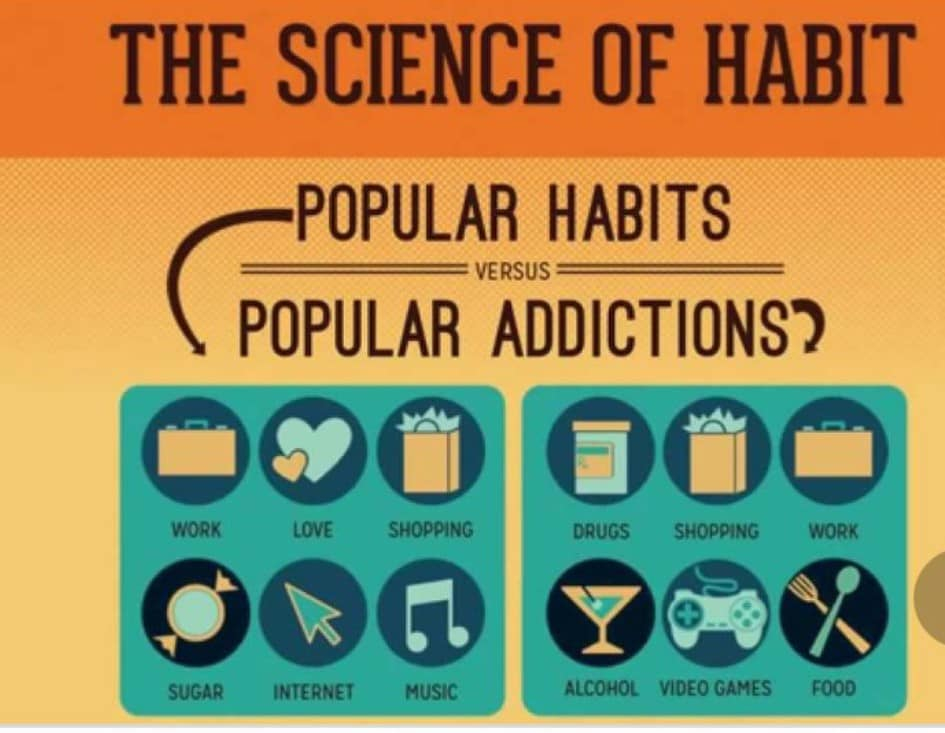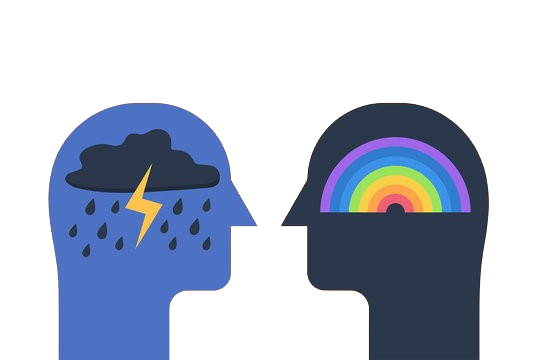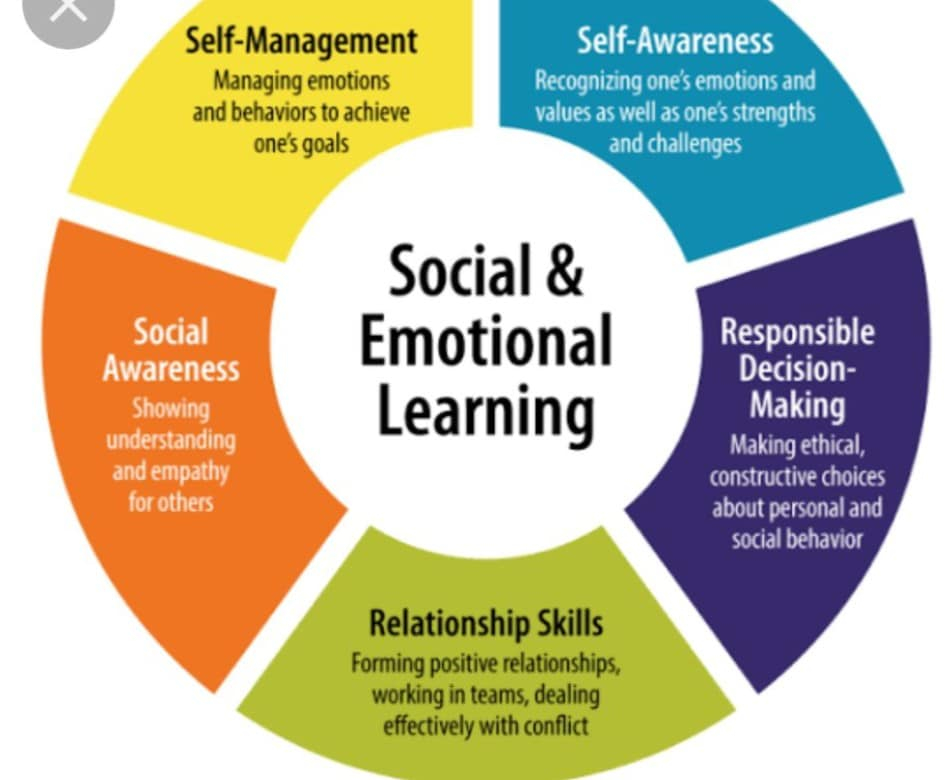The Science of habit
The Science of habit
16-Jan-2022
Why do Habits Emerge?
Habits, scientists say, emerge because the brain is constantly looking for ways to save effort. Left to its own devices, the brain will try to make almost any routine into a habit, because habits allow our minds to ramp down more often. This effort-saving instinct is a huge advantage. An efficient brain requires less room, which makes for a smaller head, which makes childbirth easier and therefore causes fewer infant and mother deaths. An efficient brain also allows us to stop thinking constantly about basic behavior.
The Three Step Loop of Habit Formation:
This process within our brains is a three-step loop.
First, there is a cue, a trigger that tells your brain to go into automatic mode and which habit to use.
Second, Then there is the routine, which can be physical or mental or emotional.
Finally, there is a reward, which helps your brain figure out if this particular loop is worth remembering for the future: Over time, this loop—cue, routine, reward; cue, routine, reward—becomes more and more automatic. The cue and reward become intertwined until a powerful sense of anticipation and craving emerges. Eventually… a habit is born.
When a habit emerges, the brain stops fully participating in decision making. It stops working so hard, or diverts focus to other tasks. So unless you deliberately fight a habit—unless you find new routines—the pattern will unfold automatically.
Habit theory, explores the psychology of the many habits which make up our behaviour. It proposes that behaviour is tied to the context in which it occurs due to a learned stimulus-response association. ... As such, we can often execute a given behaviour without even being aware that we are doing it.
How To Change A Habit:
We know that a habit cannot be eradicated—it must, instead, be replaced. And we know that habits are most malleable when the Golden Rule of habit change is applied: If we keep the same cue and the same reward, a new routine can be inserted. But that’s not enough. For a habit to stay changed, people must believe change is possible. And most often, that belief only emerges with the help of a group.
More Blog
Mental health needs to notice in Bangladesh
12-Sep-2024Like other countries Mental health is one of the warning issues in Bangladesh gradually. Though the immense consequences of this... read more
Happiness tips:
02-Apr-2022Happiness is also one of the important aspects of positive psychology and wellbeing. Do something you enjoy every day, e... read more
What is SEL?
31-Jan-2022Social-emotional learning, commonly referred to by its acronym, SEL, is a method of promoting holistic child development by teac... read more



